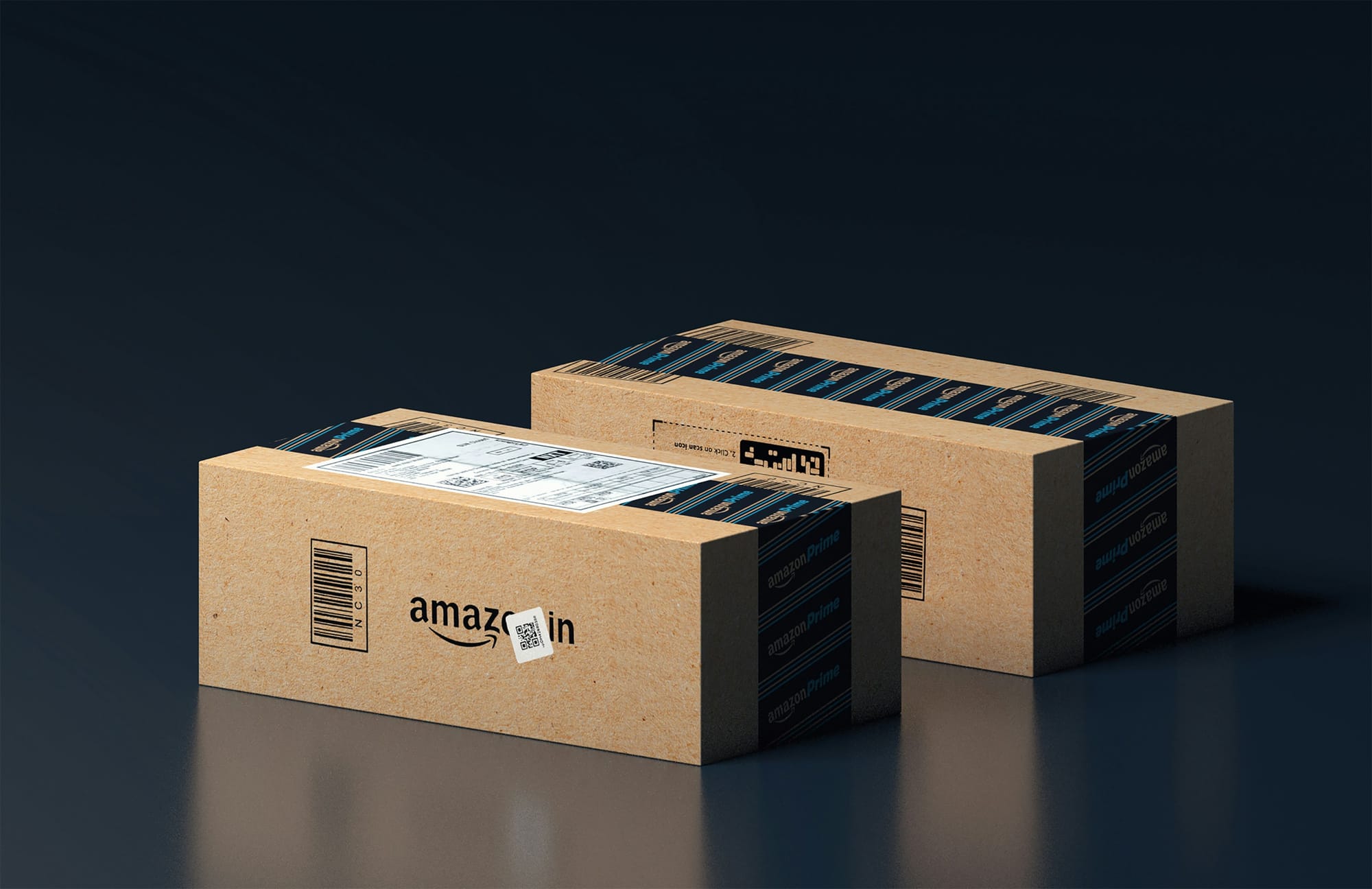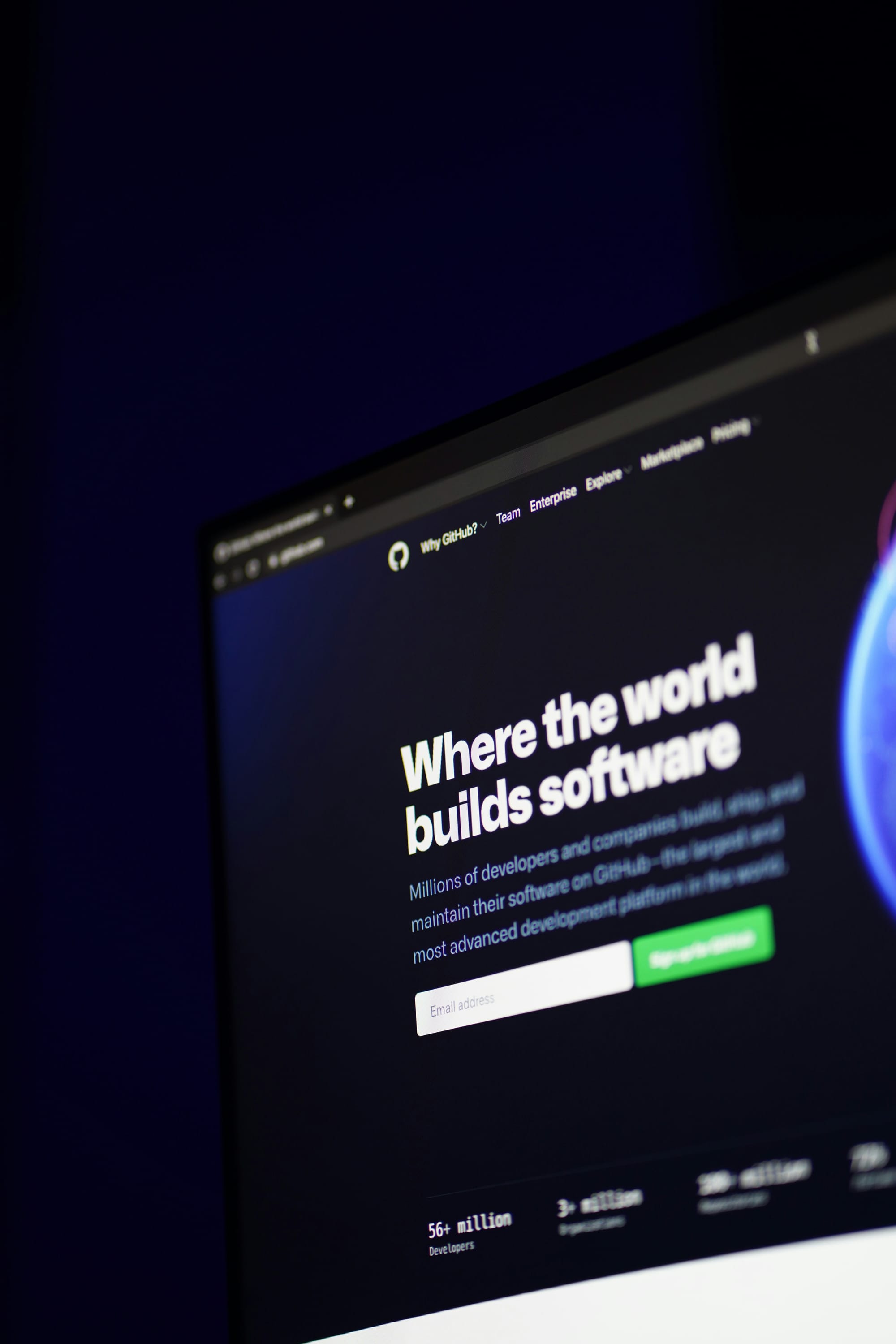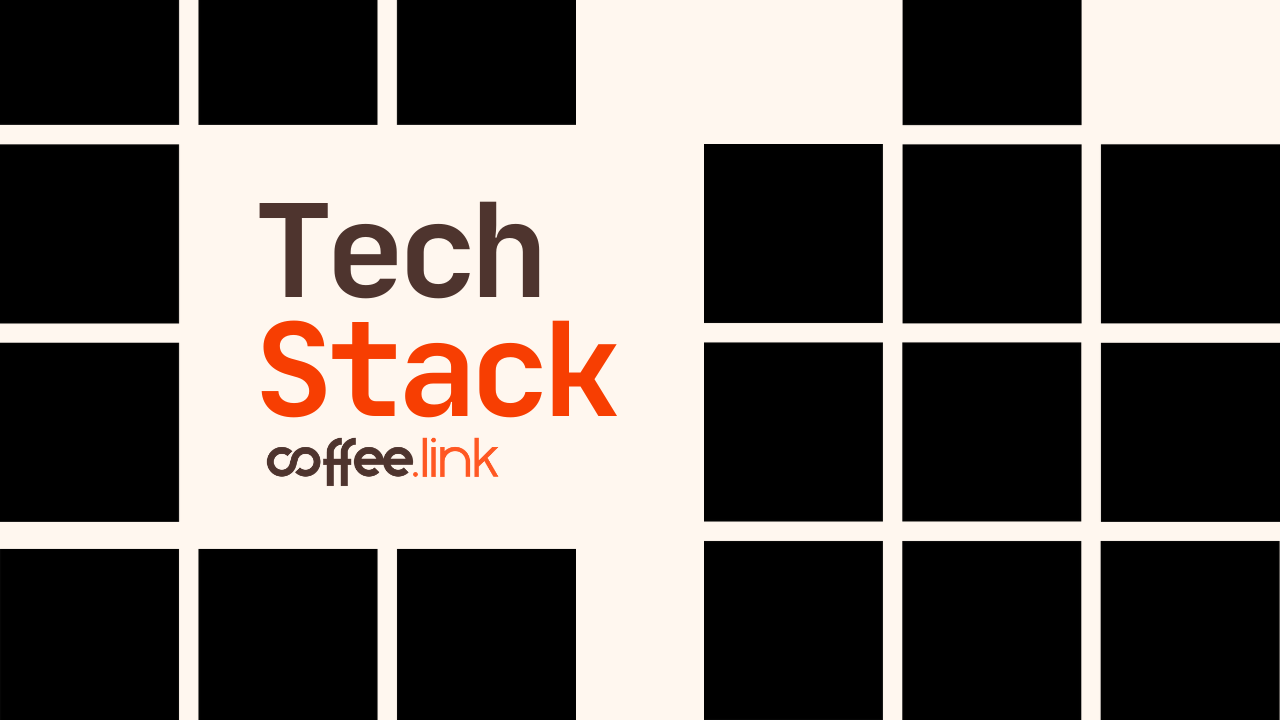Microsoft Finalizes $135 Billion OpenAI Stake in Historic Restructuring Deal
Microsoft and OpenAI completed a near-year-long negotiation, finalizing terms that grant Microsoft a 27% equity position valued at approximately $135 billion in OpenAI's newly restructured public benefit corporation. The agreement resolves months of uncertainty that had weighed on Microsoft's stock price and clears OpenAI's path to operate as a for-profit entity while maintaining nonprofit oversight.
Under the revised partnership, Microsoft secures access to OpenAI's technology through 2032, including any systems that achieve artificial general intelligence—provided an independent expert panel verifies such claims. OpenAI committed to purchasing $250 billion worth of Azure cloud services, though Microsoft relinquished its exclusive cloud provider rights. The deal also ends Microsoft's revenue-sharing arrangement once AGI is confirmed.

The restructuring formalizes OpenAI's transition from its experimental "capped-profit" model introduced in 2019. The OpenAI Foundation now holds a 26% stake in the for-profit arm, with the remaining 47% distributed among current and former employees plus investors. For Microsoft, the arrangement represents nearly a 10x return on its $13.8 billion investment since 2019, while OpenAI gains capital-raising flexibility it previously lacked under the restrictive 2019 terms.
Sources: Bloomberg
Google Achieves Verifiable Quantum Advantage With Willow Chip Algorithm

Google announced the first demonstrably verifiable quantum computing advantage through its Willow chip running the "Quantum Echoes" algorithm, completing computations 13,000 times faster than classical supercomputers. Published in Nature, the breakthrough marks a pivotal shift from theoretical quantum claims to reproducible, independently verifiable quantum utility.
The Quantum Echoes algorithm functions as a molecular measurement tool, using quantum interference patterns to extract structural information from nuclear magnetic resonance data with unprecedented precision. In proof-of-principle experiments conducted with UC Berkeley, the system accurately characterized molecules containing 15 and 28 atoms, revealing information typically inaccessible through conventional NMR techniques.
While Google previously claimed quantum supremacy in 2019 with computational tasks later optimized for classical systems, Quantum Echoes provides verifiable results that other quantum platforms can reproduce—a critical threshold for scientific credibility. The achievement positions quantum computing closer to practical applications in drug discovery and materials science, though commercial deployment timelines remain uncertain as error rates still exceed thresholds needed for large-scale algorithms.
Sources: Google Research Blog
AI Talent Marketplace Mercor Hits $10B Valuation on $350M Series C
Mercor closed a $350 million Series C round at a $10 billion valuation—quintupling its worth since February—as the company capitalizes on surging demand for specialized human expertise in AI model training. Led by Felicis Ventures with participation from Benchmark, General Catalyst, and new investor Robinhood Ventures, the financing reflects investor conviction that human judgment remains critical for frontier AI development.
Founded as an AI-driven hiring platform, Mercor pivoted to connecting AI laboratories with domain experts including physicians, attorneys, and scientists who provide nuanced feedback for reinforcement learning pipelines. The company now manages over 30,000 contractors earning an average $85 hourly, collectively receiving more than $1.5 million daily. Mercor projects reaching $500 million in annual recurring revenue faster than Anysphere achieved the same milestone with Cursor.
The company's trajectory accelerated dramatically after Meta's $14 billion investment in competitor Scale AI prompted concerns about neutrality among major AI labs. OpenAI and Google DeepMind reportedly reduced reliance on Scale AI following the Meta deal, creating opportunities for alternative providers. Mercor plans to deploy the new capital toward expanding its expert network, enhancing matching algorithms, and automating reinforcement learning workflows.
Sources: CNBC
Amazon Announces 14,000 Corporate Layoffs Citing AI Transformation

Amazon confirmed plans to eliminate approximately 14,000 corporate positions—roughly 4% of its white-collar workforce—as CEO Andy Jassy pursues his vision of operating "like the world's largest startup." The cuts span cloud computing, advertising, devices, human resources, and other divisions, with layoffs beginning immediately and most employees receiving 90-day internal job search windows.
The reductions follow Jassy's June statement that generative AI would necessitate workforce changes, explicitly noting the company would "need fewer people doing some of the jobs that are being done today." However, during an earnings call, Jassy characterized the decision as neither "financially driven" nor currently attributable to AI displacement, instead citing organizational efficiency goals and bureaucracy reduction.
Software engineers comprise the largest affected group in Washington state, with over 500 affected roles, alongside substantial management-level cuts. The layoffs represent Amazon's second major corporate restructuring in three years, following 27,000 job eliminations in 2023. The company simultaneously announced plans to spend $125 billion on capital expenditures in 2025—up from an earlier $118 billion estimate—primarily for AI infrastructure expansion.
Sources: CNN
GitHub Launches Agent HQ to Orchestrate Multi-Vendor AI Coding Agents

At its Universe 2025 conference, GitHub unveiled Agent HQ, transforming the platform into a unified control center for managing AI coding agents from competing providers including Anthropic, OpenAI, Google, Cognition, and xAI. Rather than building proprietary dominance through a single agent, GitHub positions itself as essential orchestration infrastructure beneath the entire ecosystem.
The architecture introduces "Mission Control"—a consistent command interface across GitHub's web platform, VS Code, mobile applications, and CLI—enabling developers to assign tasks, monitor progress, and manage permissions for multiple agents simultaneously. Unlike standalone implementations requiring broad repository access, Agent HQ implements granular security controls at the platform level, with agents operating within sandboxed GitHub Actions environments under strict identity controls.
GitHub COO Kyle Daigle framed the initiative as bringing "order to the chaos of innovation" in an increasingly fragmented AI coding landscape. The platform will support custom agent configurations through version-controlled AGENTS.md files, allowing enterprises to codify organizational standards and guardrails directly alongside their codebase. Copilot Pro+ subscribers gain immediate access to OpenAI Codex integration, with additional agents rolling out in coming months.
Sources: GitHub Blog, CNBC
MatrixSpace Secures $20M Series B for AI-Enhanced Radar Systems

Defense technology startup MatrixSpace raised $20 million in Series B funding co-led by The Raptor Group and OTB Ventures, with strategic participation from defense contractor L3Harris. The company develops portable radar and counter-drone sensing systems enhanced by edge AI for detecting threats in challenging environments.
MatrixSpace's technology combines advanced radar hardware with AI processing performed directly on the device rather than in cloud infrastructure, enabling low-power situational awareness suitable for deployed military units and critical infrastructure protection. The edge processing approach ensures the systems function in network-denied environments—a critical requirement for defense applications.
The round brings MatrixSpace's total funding to $58 million and will accelerate product development and market expansion across both civil and defense sectors. The L3Harris investment signals potential collaboration opportunities with established defense primes seeking next-generation sensing capabilities. As drone threats proliferate across military and civilian contexts, detection and countermeasure technologies are attracting substantial investment and acquisition interest.
Sources: AI Insider
Healthcare AI Platform Honey Health Raises $7.8M Seed Round

Mountain View-based Honey Health secured $7.8 million in seed funding led by Pelion Ventures to automate back-office operations for healthcare providers. The platform uses AI to handle administrative tasks including billing, insurance verification, and claims processing—functions that consume significant staff time while contributing to provider burnout.
The company joins a wave of AI startups targeting healthcare administrative inefficiency, which accounts for an estimated 25% of total U.S. healthcare spending. By automating repetitive paperwork and insurance interactions, platforms like Honey Health promise to free clinical staff for patient-facing work while reducing operational costs.
Streamlined Ventures, Burst Capital, and 8-Bit Capital participated alongside Pelion in the round. The company will use the capital to expand its engineering team and add capabilities including automated phone answering and bookkeeping services. As healthcare organizations grapple with persistent staffing shortages, AI-powered back-office automation is increasingly viewed as necessary infrastructure rather than optional enhancement.
Sources: PR Newswire
WorkHero Banks $5M Seed to Bring AI Back-Office to HVAC Contractors
Boston startup WorkHero raised $5 million in seed funding led by Navitas Capital to provide AI-driven administrative automation specifically for HVAC contractors. The platform autonomously handles invoicing, permit filings, warranty management, and rebate applications—repetitive tasks that burden skilled trades businesses without adding direct customer value.
The company targets a massive but digitally underserved market: millions of small trades businesses that lack resources for dedicated administrative staff yet require meticulous paperwork management to operate profitably. WorkHero's approach recognizes that vertical-specific solutions often deliver more value than horizontal platforms because they encode industry-specific knowledge and integrate with specialized tools.
Workshop Ventures, York IE, and strategic angels participated in the round alongside Navitas. The startup plans to expand its engineering and product teams while adding services including call answering and comprehensive bookkeeping. The funding reflects growing investor recognition that AI's highest-impact applications may lie in automating specialized workflows for overlooked industries rather than solely pursuing consumer-facing products.
Sources: Pulse 2.0
Sources verified as of November 1, 2025








